High school. Are there any other words in the English language with more power to conjure up emotion than “high school?” (“Middle school,” perhaps, but it’s the same idea.) We are all carrying around our teenaged identities and experiences within us, which is why when I recently asked social media about what advice you’d give your high school self, I received a huge response. Dozens of folks chimed in with wide-ranging and extremely thoughtful words of wisdom.
I am very grateful to everyone who replied, as I will be traveling to my own high school in Michigan next week to give a presentation to current students about my life, my career’s ups and downs, and the skills required to be a speaker/coach/consultant. Thus, I’ve been enjoying this chance to reflect on the challenges of my own high school experience and to think about all the things I’d tell 15-year-old Michael if I could.
After reading over a hundred responses from my talented network, I distilled the replies into five main categories:
1. There will be several versions of you throughout life. This is important to recognize—or at least to imagine—at a young age, because what you think is important when you are 15 or 16 years old won’t be in two to three years.
Several people advised their younger selves to take the time to meditate and reflect; to think ahead to what’s coming. All things are temporary.
I like this advice a lot as my high school experience was different than most of my classmates’. I worked for my family’s landscaping, lawn maintenance and snowplowing business evenings and weekends, so my high school life was narrow: get good grades, golf, work, repeat. My younger self sensed this routine wasn’t going to be my reality in just a few short years—but I certainly would’ve enjoyed hearing my intuition was exactly right.
2. Respect all people. This is, of course, excellent advice for anyone to hear at any point, but it’s wonderful if you get this message at a young age. Regardless of your socio-economic status or particular opportunities, be a friend to all. Mentor or coach those coming up behind you. Kindness is everything; popularity is bullshit. Express gratitude often. Keanu Reeves has been getting attention lately for living this advice, as well he should.
3. Trust your intuition. While there certainly will be several versions of you throughout life, you do have an inner guidance system from childhood onward that doesn’t waver all that much. Beginning at a young age, my respondents said, it’s a good idea to build up self-awareness, focus on mental health, and invest more time into examining how to make money at what you’d do for free.
To accomplish all of these things, limit social media.
4. Learn experientially. There’s no substitute for experience—making mistakes is better than getting things right or doing nothing at all. Take risks! Failure shapes you but it doesn’t define you unless you quit on your goals.
As you launch yourself into the world, however, don’t confuse activity with progress. Be thoughtful about how the things you are doing relate to your larger purpose.
5. Travel. As soon as you are able to, my network said, go see the world—or as much of it as you possibly can. There are a billion different ways to live life, so go explore at least a few of them. Learn a new language. Meet people who are not like you.
A particular geographic location or a narrow perspective on what is possible is never a good excuse to not achieve or be happy. Don’t let others decide your truth, your path, or your core values. Traveling will change you. Let it.
Good stuff, right? Don’t you wish my contacts and their incisive words had been around when you were in high school? I sure do. That said, I am curious: what did we miss?
I’d love to keep this conversation going ahead of my October 18 presentation, so please email me with your own advice for your younger self.
The Three-Step Process for Emotional Release
In my November newsletter, I’ll fill you in on what I decided to share in Michigan during my talk—and how the students received it. But for now, I want to take a look at how we can process our memories of childhood and adolescence to best serve ourselves (and others) today. In my recent work, I have a handful of clients who have been struggling with remembering and reliving pieces of their lives that they thought they had moved on from. Instead of explaining what they experienced in the past in a matter-of-fact way, they often find themselves breaking down in tears. I get it. I still get triggered emotionally around certain things from my childhood. My test to myself this next week in Michigan is to simply notice what is: When I’m back in my home state, will I feel emotionally triggered? If not, I’ll know that what I’ve been working on in myself has taken. If something does trigger me, however, I’ll know I have more work to do.
So, what do I mean by “work?” I’m glad you asked. I’ve created a three-step process to undertake whenever something from your past has you feeling on the ropes, emotionally speaking.
1. Previous challenges with parents, teachers, bosses, or ex-spouses/partners can still evoke one of the five core human emotions in a major way: love, anger, fear, grief, or envy. The goal, when you think of these challenges, is not having an emotional reaction where there used to be one, as this is the true mile marker of progress in human life. Since all emotional reactivity today is due to an unhealed wound, step one is simply to ask yourself: What is the origin story of this wounded feeling? Journal about it. Retell the story.
2. Next, stop and make a list of how far you’ve come since that event. In what areas have you grown? How aligned with your mission are you? How happy are you? Taking this kind of measure—in writing—starts to introduce a feeling of neutrality to your spirit.
3. Finally, write down who you have coached, counseled, or mentored through a challenge similar to your own. This is the absolute key to healing your inner emotional wound, because once you are able to see that the event that you used to deem negative has enabled you to help someone else, you will begin to feel that it contained a seed of good. This takes the emotional heat off of the experience and completely reframes it.
When you go through this process, you aren’t confronting, yelling, or blaming anyone. You aren’t even demanding that others “meet you in the middle,” a seductive idea if ever there was one, but a notion that can nevertheless stymy our own growth. It makes demands of people who may not have the emotional intelligence or bandwidth to even understand what we want from them.
When you go through the process I outlined above, you are wisely handling your own emotional life and allowing those who may have wronged you the dignity of their own growth process—on their own time and at their own pace. If their process feels too slow (or nonexistent) to you, remember: they’re going through things they don’t know how to deal with because society doesn’t teach emotional release. Instead, it teaches people to ignore their emotional pain, or to numb it with food, alcohol, social media, or pills with side effects that are often worse than the symptom they’re supposed to treat.
Circle Back to Spring Forward
I’d like to wrap up this month’s message by saying this: Everything I choose to share with you in this newsletter is important to me, but this topic is particularly close to my soul.
As I prepare to return to my home state this month, I feel myself coming full circle regarding my own adolescent emotional wounds and experiences. I’m ready to close some doors there so I can open new ones elsewhere. Perhaps you are feeling the same way.
If you are curious about going deeper into this process, I encourage you to read Loyalty to Your Soul by H. Ronald Hulnick, Ph.D. and Mary R. Hulnick, Ph.D., or reach out to me for some one-on-one coaching.
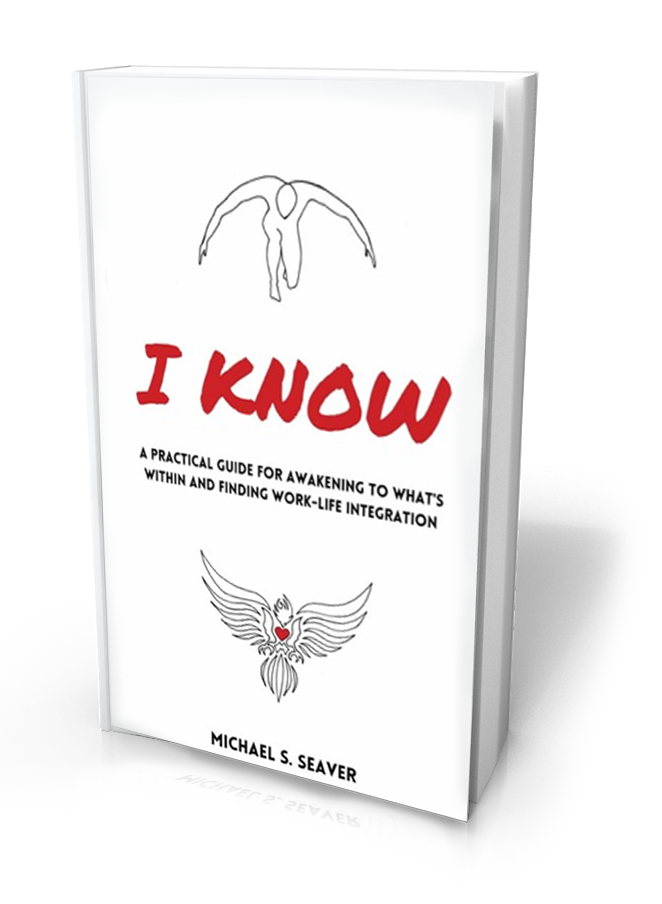

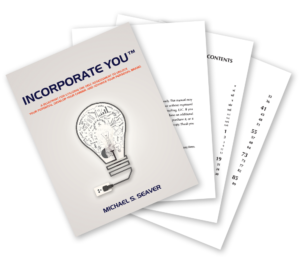
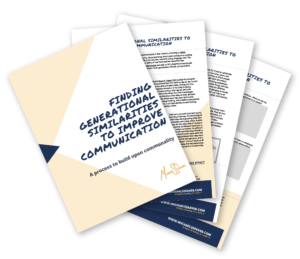
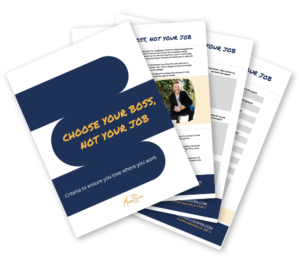
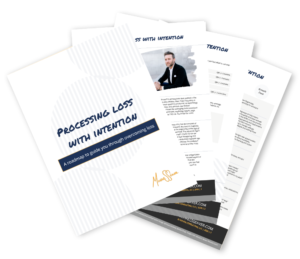
Connect with me